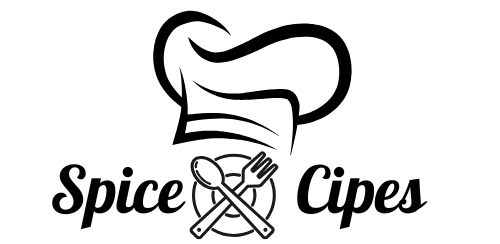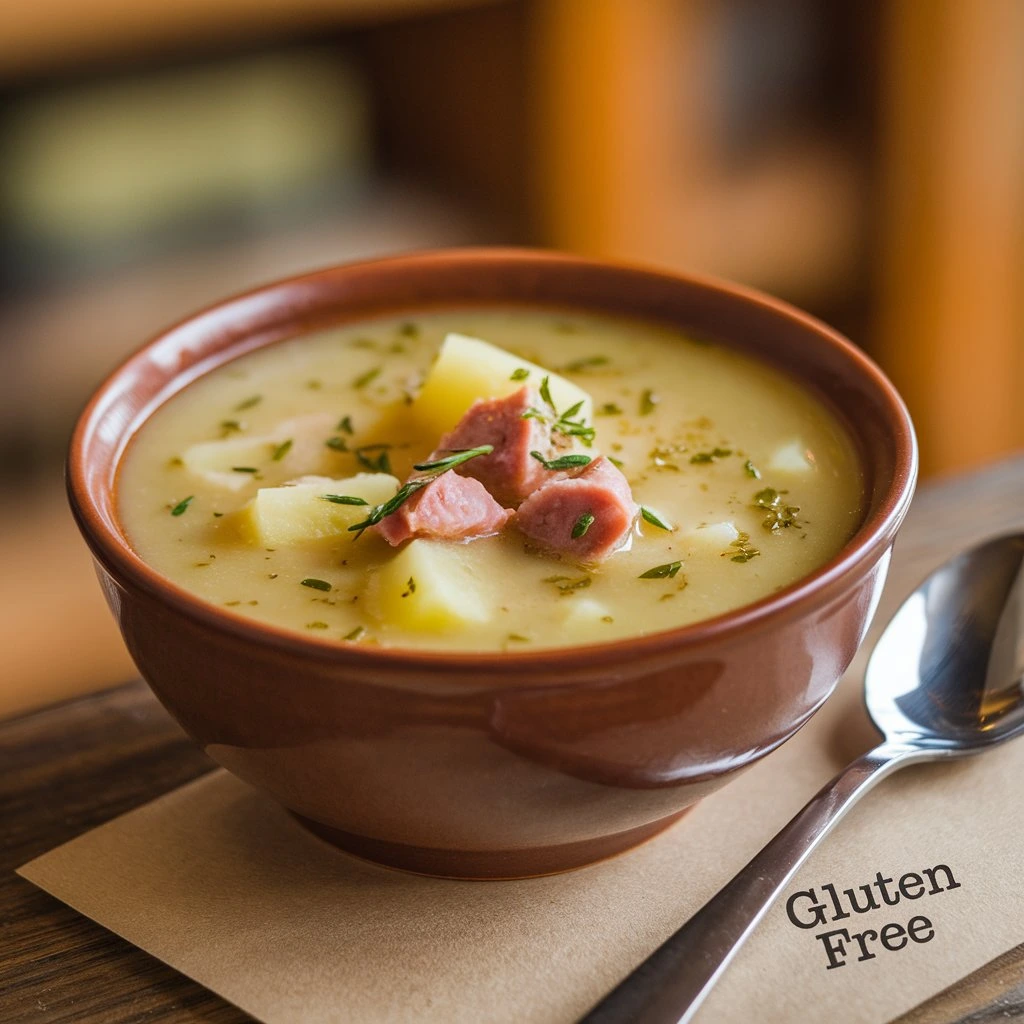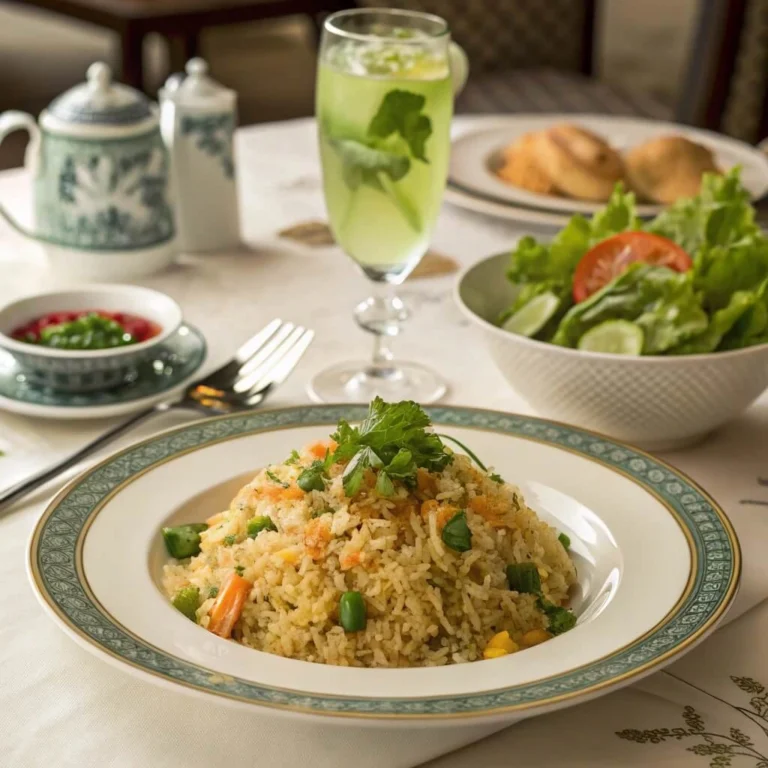Is Bear Creek Potato Soup Gluten Free? Everything You Need to Know
Bear Creek Potato Soup is a popular comfort food known for its rich flavor and creamy texture. Loved by many for its hearty ingredients and ease of preparation, this soup has become a staple in households seeking a warm, satisfying meal. Its creamy base and well-balanced blend of seasonings make it a convenient choice for busy families and individuals alike. However, if you follow a gluten-free diet or have celiac disease, you may wonder, is Bear Creek Potato Soup gluten free and whether it fits into your dietary restrictions. Understanding the ingredients and potential risks is crucial for those with specific dietary needs. In this detailed guide, we will explore everything you need to know about Bear Creek Potato Soup, its ingredients, and its compatibility with a gluten-free lifestyle.

What Is Bear Creek Potato Soup?
Bear Creek Potato Soup is a convenient and easy-to-prepare soup mix that has become a favorite for its simplicity and comforting flavors. Loved by busy individuals and families alike, it provides a hearty meal with minimal effort. Whether served as a standalone dish or paired with fresh bread or a crisp salad, this soup is both versatile and satisfying. Made with dehydrated potatoes, savory seasonings, and a creamy base, it offers the taste of a home-cooked meal without the hassle of preparing soup from scratch. However, many wonder, “Is Bear Creek Potato Soup gluten-free?” This is an essential question for those adhering to a gluten-free diet due to health conditions like celiac disease or gluten sensitivity. With its rich flavors and convenience, Bear Creek Potato Soup has solidified its place as a household staple, but confirming the answer to “Is Bear Creek Potato Soup gluten-free?” is vital for making informed dietary choices.
Ingredients in Bear Creek Potato Soup Mix
The ingredients typically found in Bear Creek Potato Soup Mix include:
- Dehydrated potatoes
- Modified food starch
- Whey (milk product)
- Nonfat dry milk
- Salt
- Sugar
- Onion powder
- Spices
While these ingredients seem straightforward, the presence of “modified food starch” often raises questions about its gluten content. For those wondering, “Is Bear Creek Potato Soup gluten-free?” this particular ingredient is worth examining closely to determine if it aligns with gluten-free dietary requirements. Let’s take a closer look.
Is Bear Creek Potato Soup Gluten Free?
Understanding Gluten in Processed Foods
Gluten is a protein found in wheat, barley, rye, and their derivatives. For individuals with gluten sensitivity or celiac disease, consuming gluten can lead to adverse health effects, including digestive discomfort, nutrient malabsorption, and long-term complications such as damage to the small intestine. Even small amounts of gluten can trigger adverse reactions, making vigilance crucial for those affected.
Processed foods, including soup mixes, can sometimes contain hidden gluten in ingredients such as modified food starch, maltodextrin, or flavorings. These ingredients may derive from wheat or other gluten-containing sources, even if not immediately obvious from the label. It’s essential to scrutinize product labels to determine if gluten is present and to be aware of potential cross-contamination during manufacturing. Being proactive in identifying safe options ensures a healthier and more enjoyable dining experience for those with gluten restrictions.
Analyzing Bear Creek Potato Soup’s Gluten Free Status
Unfortunately, Bear Creek Potato Soup is not certified gluten free. While it does not explicitly list gluten-containing ingredients such as wheat, barley, or rye, the brand’s packaging includes a disclaimer about potential cross-contamination. This means the soup mix may be processed in facilities that handle gluten-containing products.
For individuals with celiac disease or severe gluten sensitivity, this risk of cross-contamination makes Bear Creek Potato Soup unsuitable.
Gluten-Free Alternatives to Bear Creek Potato Soup
If you love potato soup but need a gluten-free option, there are several alternatives available:
1. Homemade Gluten-Free Potato Soup
Creating potato soup from scratch ensures complete control over the ingredients. A simple recipe can include:
- Gluten-free chicken or vegetable broth
- Fresh potatoes
- Onions
- Garlic
- Gluten-free flour or cornstarch for thickening
- Heavy cream or dairy-free milk (optional)
Homemade soup not only eliminates gluten risks but also allows you to customize flavors and add extra nutrients like carrots, celery, or herbs.
2. Gluten-Free Packaged Soup Mixes
Several brands offer gluten-free soup mixes that rival Bear Creek in flavor and convenience. Look for certified gluten-free options from brands like:
- Progresso: Known for its extensive line of gluten-free soups.
- Pacific Foods: Offers organic and gluten-free creamy soups.
- Amy’s Kitchen: Specializes in gluten-free and vegetarian options.
3. Local Artisanal Soup Mixes
Check your local health food stores or farmers’ markets for artisanal soup mixes that cater to specific dietary needs. Many small-scale producers ensure their products are gluten-free and use natural ingredients. These local options not only provide peace of mind for individuals with dietary restrictions but also often support sustainable and organic farming practices. Artisanal soup mixes may offer unique flavor profiles and the satisfaction of knowing exactly where your food comes from. Whether you’re looking for a creamy potato soup or a hearty vegetable blend, exploring these alternatives can lead to discovering new favorites that align perfectly with your gluten-free lifestyle.
Tips for Preparing Gluten-Free Soups at Home
Choose Gluten-Free Thickeners
Traditional soup recipes often use wheat flour as a thickener. For gluten-free alternatives, try:
- Cornstarch
- Potato starch
- Tapioca flour
- Gluten-free all-purpose flour
Use Fresh, Whole Ingredients
Opt for fresh vegetables, gluten-free broth, and high-quality seasonings to enhance the flavor of your homemade soup.
Experiment with Dairy-Free Options
If you’re also avoiding dairy, coconut milk, almond milk, or cashew cream can create a creamy texture without compromising on taste.
How to Identify Gluten-Free Products
Reading Labels
When evaluating any food product, keep these tips in mind:
- Look for the “Certified Gluten-Free” label.
- Check the allergen statement for mentions of wheat.
- Review ingredient lists for common gluten-containing items.
Cross-Contamination Risks
Products that are not explicitly labeled gluten-free may still be processed in shared facilities, increasing the risk of cross-contamination. Shared equipment or production lines can expose gluten-sensitive individuals to trace amounts of gluten, which may trigger symptoms. If you are highly sensitive to gluten or have celiac disease, it’s best to avoid such products and opt for certified gluten-free options to ensure safety and peace of mind.
Trustworthy Gluten-Free Certifications
Certifications from organizations like the Gluten-Free Certification Organization (GFCO) or the Celiac Support Association (CSA) ensure that products meet strict gluten-free standards. These certifications involve rigorous testing processes to detect even trace amounts of gluten, providing peace of mind for consumers. Products carrying these labels are verified to contain less than 20 parts per million (ppm) of gluten, a threshold deemed safe for most individuals with celiac disease or gluten sensitivity. Choosing certified gluten-free products not only minimizes the risk of adverse reactions but also supports informed and confident purchasing decisions for a gluten-free lifestyle.

Health Benefits of Gluten-Free Diet
Adopting a gluten-free diet can provide significant benefits for those with gluten intolerance or celiac disease. These benefits include:
- Improved digestion
- Reduced inflammation
- Enhanced energy levels
- Relief from symptoms like bloating, diarrhea, and headaches
However, it’s crucial to ensure your gluten-free diet is balanced and includes a variety of nutrients. Focus on incorporating fruits, vegetables, lean proteins, and gluten-free whole grains like quinoa and rice.
Frequently Asked Questions
Is Bear Creek Potato Soup Safe for Gluten Sensitivity?
Due to potential cross-contamination, Bear Creek Potato Soup is not recommended for those with gluten sensitivity or celiac disease. Although the soup itself may not contain gluten ingredients, the manufacturing process could lead to traces of gluten being present. This means that if you are highly sensitive to gluten or have been diagnosed with celiac disease, it’s essential to avoid this product. When searching for gluten-free options, it’s always best to look for products explicitly labeled as gluten-free to ensure safety. So, the answer to the question, ‘is Bear Creek potato soup gluten free?’ is no, it is not guaranteed to be completely gluten-free.
Can I Use Bear Creek Soup Mix as a Base for Gluten-Free Recipes?
It’s best to avoid using Bear Creek Soup Mix if you require a gluten-free diet. Instead, create your own base using gluten-free ingredients. Many people with gluten sensitivities or celiac disease are cautious about pre-packaged soups due to the risk of cross-contamination. Although Bear Creek potato soup may not contain gluten-containing ingredients in the mix itself, the processing environment could introduce traces of gluten. Therefore, when considering whether is Bear Creek potato soup gluten free, the answer is no—it’s not a safe choice for those with strict gluten-free requirements. To ensure a gluten-free meal, opt for homemade soups or those labeled specifically as gluten-free.
What Are Some Gluten-Free Brands I Can Trust?
It’s best to avoid using Bear Creek Soup Mix if you require a gluten-free diet. Instead, create your own base using gluten-free ingredients. Many people with gluten sensitivities or celiac disease are cautious about pre-packaged soups due to the risk of cross-contamination. Although Bear Creek potato soup may not contain gluten-containing ingredients in the mix itself, the processing environment could introduce traces of gluten. Therefore, when considering whether is Bear Creek potato soup gluten free, the answer is no—it’s not a safe choice for those with strict gluten-free requirements. To ensure a gluten-free meal, opt for homemade soups or those labeled specifically as gluten-free. Brands like Progresso, Pacific Foods, and Amy’s Kitchen offer a wide range of gluten-free soup options, making it easier to find safe and delicious alternatives.
Conclusion
Bear Creek Potato Soup is a delicious and convenient meal option, but it is not suitable for those following a strict gluten-free diet due to potential cross-contamination risks. Thankfully, there are plenty of alternatives, including homemade recipes and gluten-free soup mixes, to satisfy your craving for creamy potato soup.
By staying informed and carefully reading product labels, you can enjoy a safe and flavorful gluten-free lifestyle. Whether you choose to make your soup from scratch or explore gluten-free brands, the possibilities are endless.







